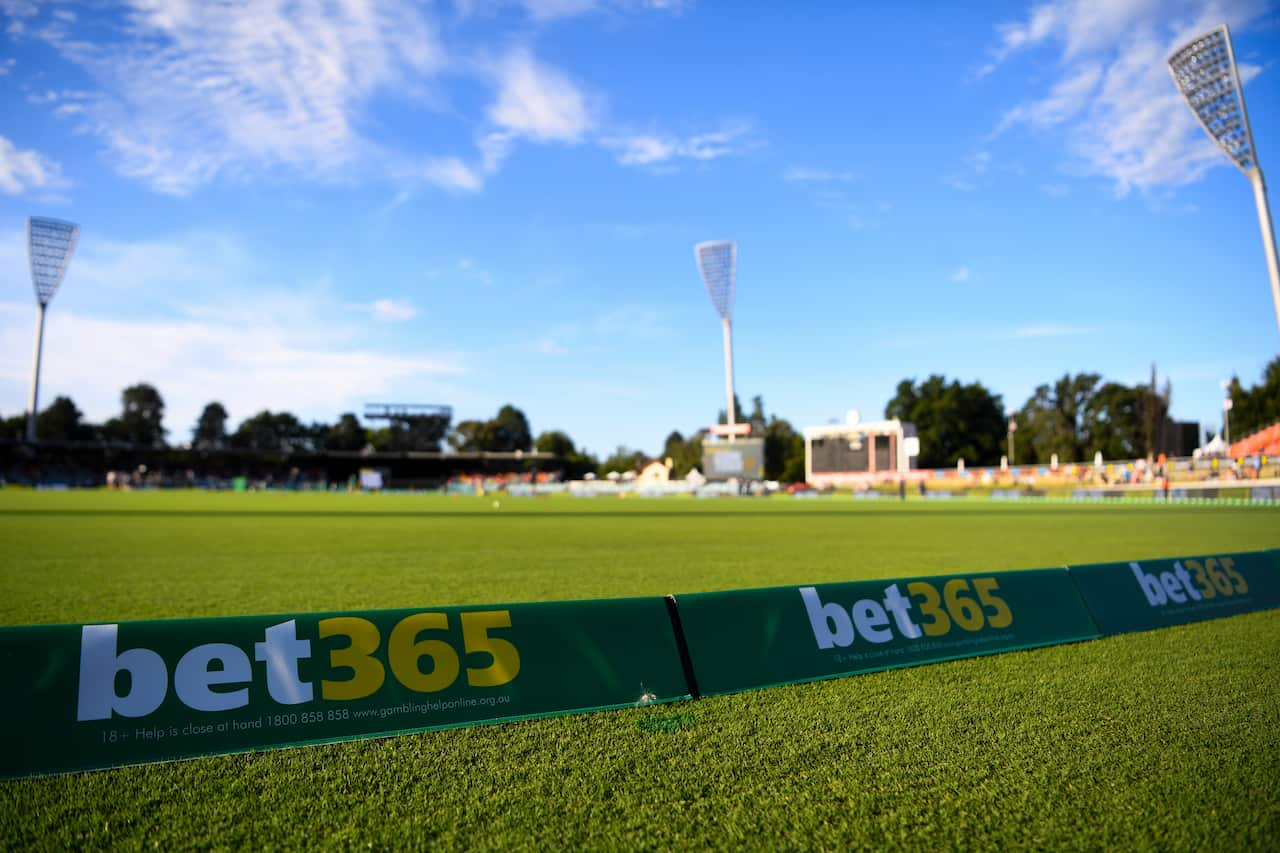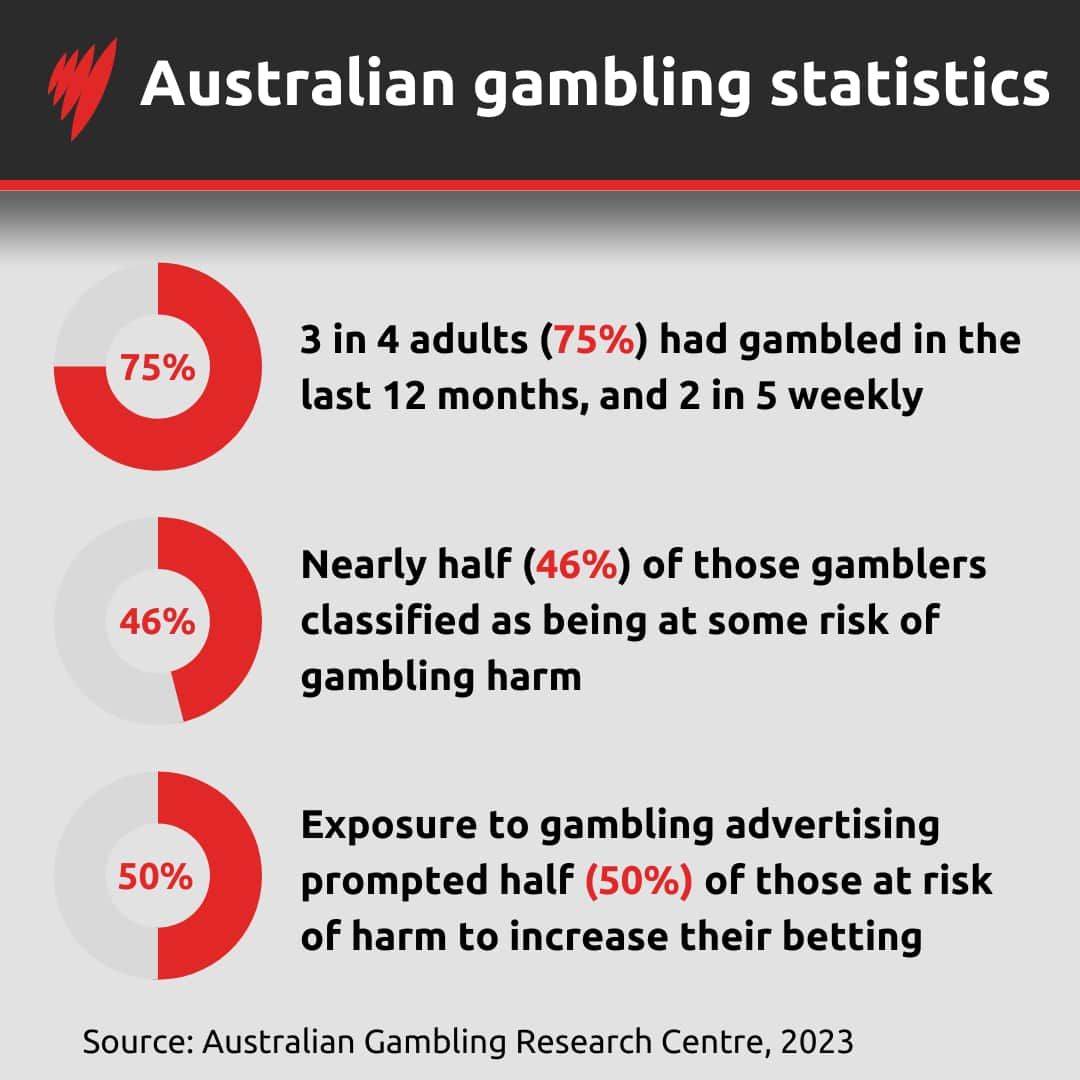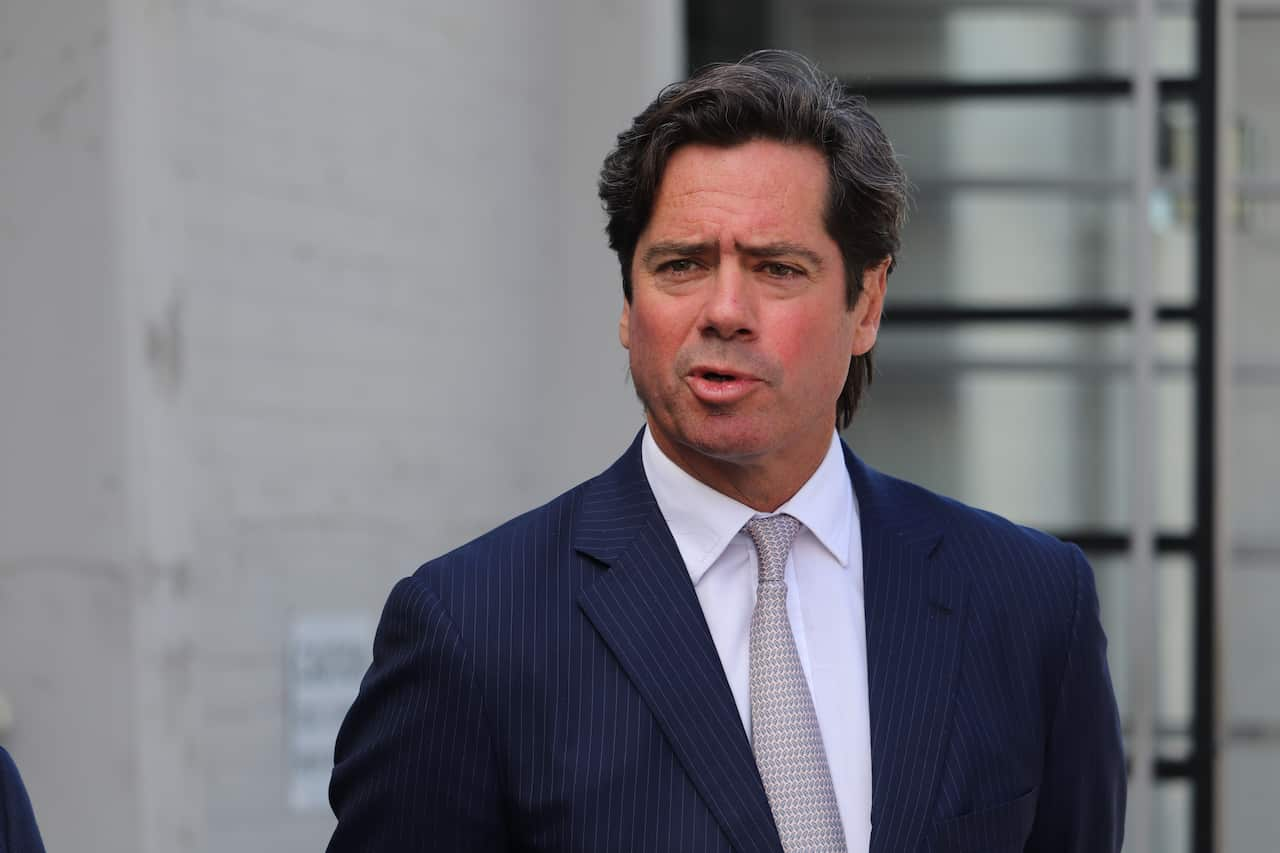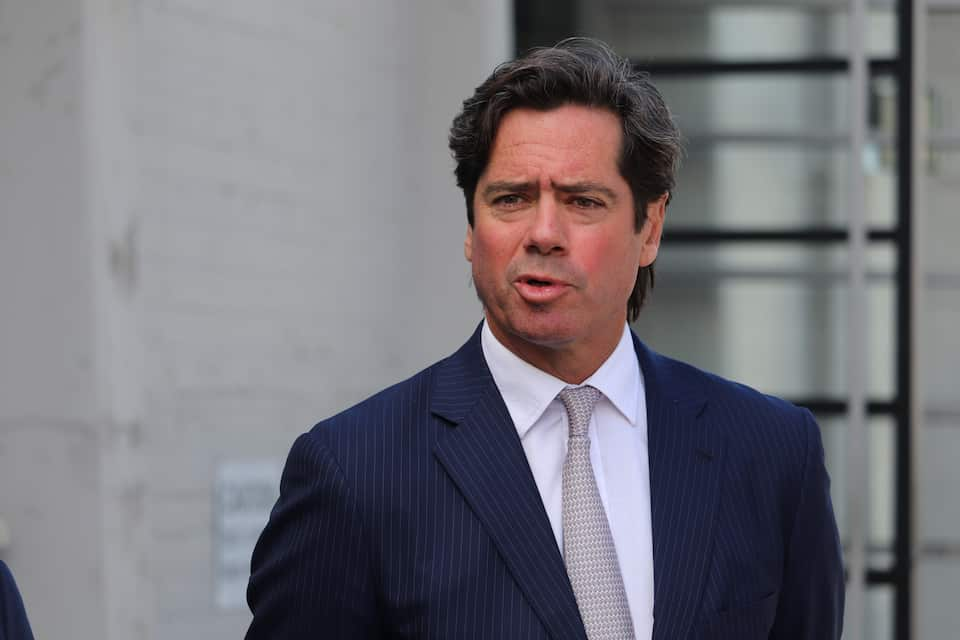KEY POINTS:
- A parliamentary inquiry is exploring the harm caused by online gambling.
- It heard half a million Australians have asked their bank to prevent them from gambling.
- The AFL has confirmed it receives a cut of gambling money on match days, beyond normal sponsorships.
The federal government is pushing ahead with the creation of a national self-exclusion register – BetStop – which it says will be launched “in the coming months”.

A parliamentary inquiry is analysing the impact of online gambling. Source: AAP / Lukas Coch
The scheme would enable a person to prevent themselves from betting online for anywhere between three months and their entire life.
Ms Bligh said most self-exclusion schemes run by banks included a “cooling off period”, with people unable to restore their right to gamble without at least 48 hours’ notice.

“If you maybe have a few beers on Friday night and decide: I don’t like that veto, I’m gonna take it off … you can’t actually immediately remove [it],” she said.
Men aged between 18-34 were the cohort considered at most risk, with women aged 55 and over least likely to suffer from gambling harm.
Football codes give evidence
Partnering with companies enabled the AFL to be aware of illegal betting patterns that undermined the code’s integrity, he said.

The NRL and AFL both insist they have taken steps to minimise the harm of gambling advertising. Source: SBS News / SBS News
Mr McLachlan confirmed the code received income via direct betting sponsorships and “product fee arrangements”, which provide a cut of the money gambled on its matches.
Labor MP Peta Murphy pressed him on a supporter survey, which found the vast majority wanted gambling advertising to be banned at AFL grounds, and most believed the code should not receive any revenue from betting companies.

AFL chief executive Gillon McLachlan called for “balance” in discussions on gambling advertising. Source: AAP / Ethan James
“Surely those results give the AFL pause about suggesting that the measures in place with respect to online gambling are appropriate?” she asked.
“We are not in denial about the concern. But it’s real-time discussion about what that looks like [that’s important]. It’s why we changed the experience at venue,” he said.
